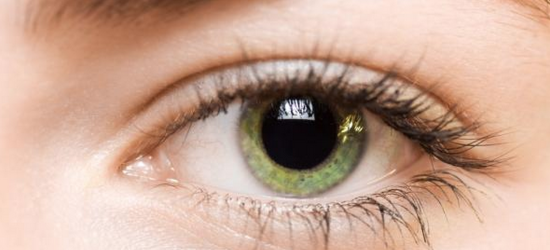
With more and more of us using screens as part of our daily life, in work life, social life, and recreationally, our eyes are becoming more and more strained. Many of us have certain eye conditions and many more of us need glasses. Sometimes glasses can be a real pain to wear, but they were prescribed, so this means that you have to wear them, right? Which leads to the question; Will my eyesight get worse if I don’t wear my prescription glasses?
The answer is actually no. Your glasses are designed and prescribed to correct your vision. The refractive error in your eye does not change when you put them on. The glasses have no effect on actually changing your eye. In adults a refractive error does not become worse as your eye ball stops growing at around 18-20 years old. In the same way glasses will not make your eye sight better when you are not wearing them, they only correct your vision when you are wearing them.
A lot of people don’t like to visit their optometrist to ask these kinds of questions and believe that unless a problem has already been identified, it is unnecessary to have regular check ups with your optometrist, like you might with a doctor or a dentist. But there are many benefits to paying a visit to the optometrist, and it could be more important than you might think. These benefits can include but are not in any way limited to:
Recognizing Vision Loss
With regular visits, an optometrist will be able to tell you when you are starting to have problems, even before you realize yourself. Perhaps you are used to large screens or holding books close to your face, and may not realize that some of your long range vision is actually blurry. Small and simple tests can tell you whether you are having problems you didn’t even know you had.
Disease Diagnosis
Another benefit of regular check ups is an early detection of eye diseases. Early detection is especially important when it comes to vision loss, and leaving diseases, such as glaucoma, untreated can lead to the loss of an eye altogether. An early detection can get you the right treatment while treatment is still possible for your condition.
General Health Problems
Are you aware that blurry vision can sometimes be a sign of diabetes? A qualified optometrist can tell you whether the problems you are having are a sign that you could also have underlying health issues. And again early detection cannot be valued enough when it comes to your vision
To ensure that you avail of these benefits, you and your family should visit your optometrist at least once a year. Don’t be afraid to ask them questions and tell them if you are having any worries about you or your families eye health. Remember it is their job to help you and they are more than happy to do so.



